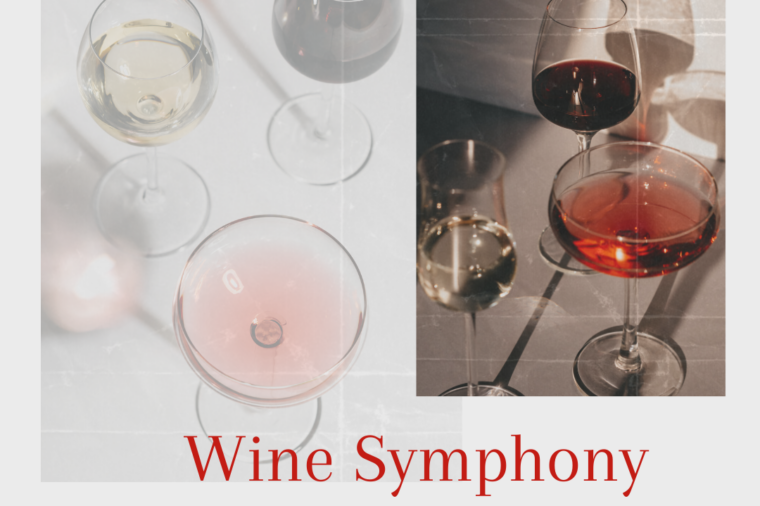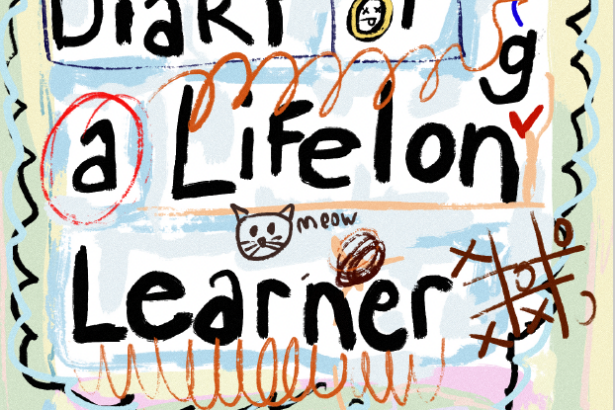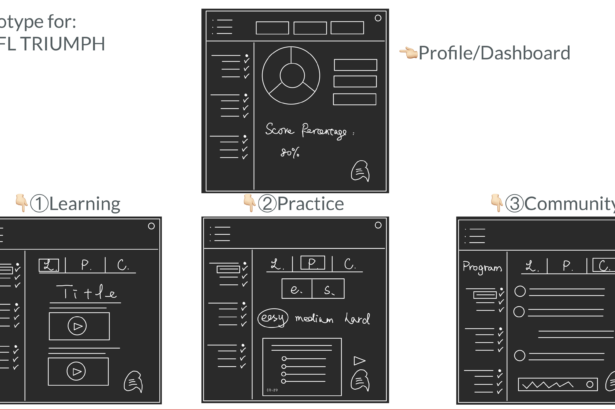An innovative wine tasting workshop for young adults 🍇
INTRODUCTION 📒
Wine Symphony is an innovative wine-tasting workshop for young adults, enriching their wine knowledge and tasting techniques toward different types of wine. In Wine Symphony, learners will have classes led by wine experts on wine regions, features, and tasting techniques. At the same time, learners will taste a wide selection of wine, from Old World, such as Bordeaux and Burgundy in France, to New World, such as Napa Valley in the U.S. and Chile wine. Moreover, they will play wine games to have fun, such as blind tasting, wine Kahoot, and “Guessing the Price.” They will also attend vineyard visits to famous regions, such as Opus One in Napa Valley and Château Mouton Rothschild in Bordeaux, learning directly from wine makers.

WHY WINE SYMPHONY ❤️
- Theme-Based Tasting 📖: Choose a specific theme for each workshop, such as “Old World vs. New World Wines,” “Wines from a Specific Region,” or “Wines Paired with Different Types of Cheese”
- Wine & Art 🎨: Combine wine tasting with art appreciation by having participants paint or sketch while sipping wine. This can be a fun way to explore the connection between taste and creativity
- Vertical Tasting🍷: Explore the evolution of a particular wine over the years by tasting multiple vintages of the same wine. This helps participants understand how aging affects the flavor profile
- Wine and Music 🎹: Pair different wines with specific musical genres or songs; Discuss how music can influence the perception of taste and aroma
- Wine and Chocolate Pairing 🍫: Combine wine tasting with the tasting of artisanal chocolates;Discuss the flavors in both and how they complement each other
Learning Designs ☁️
Designing Wine Symphony is fun as I rethink and pivot in the journey. At first, I considered a very simple wine-tasting workshop: lectures, tasting, and games. But then, I realized there are many details to consider when we design a learning experience. For instance, we have to prepare learning materials and related tools for learners. We must also consider the most efficient way to engage learners in the workshop – games, discussions, or other forms.
Furthermore, it’s essential to learn about learners’ interests and demands before the learning experience starts – we should adjust the lesson plans based on their responses. Moreover, it’s critical to consider the evaluation process, i.e., providing practical and personalized feedback. Last but not least, learning design is a collaborative process in which educators and learners are both the designers. As learning designers, we should also allow learners to design their own experiences based on their personal preferences and pace.



